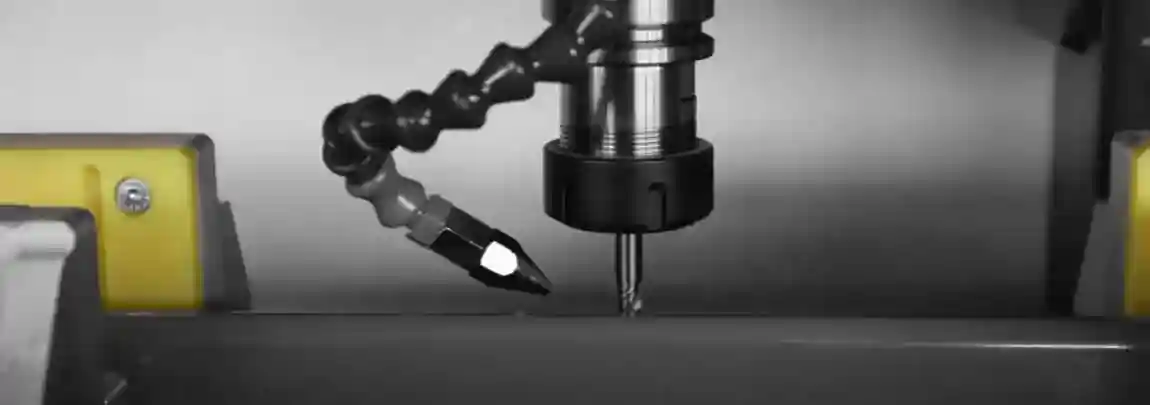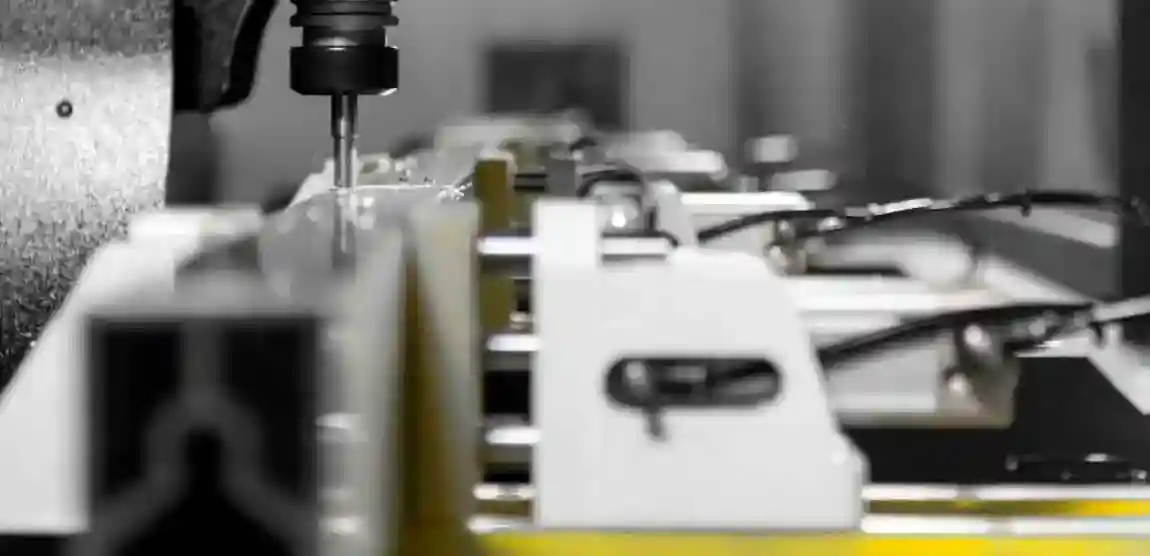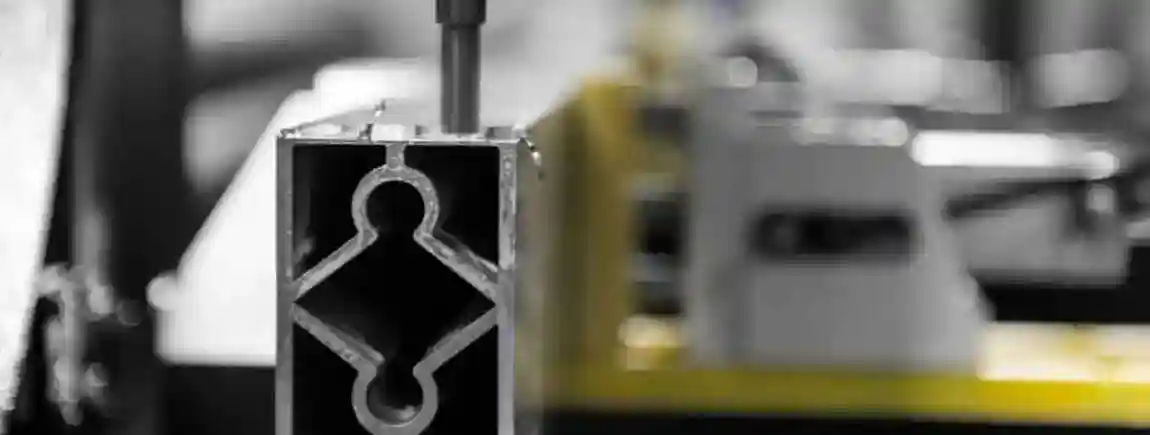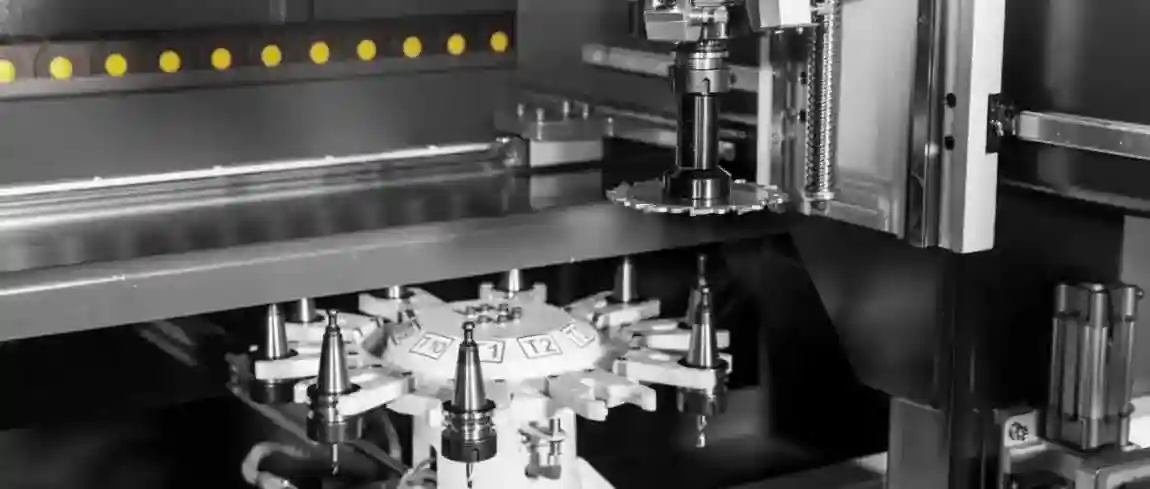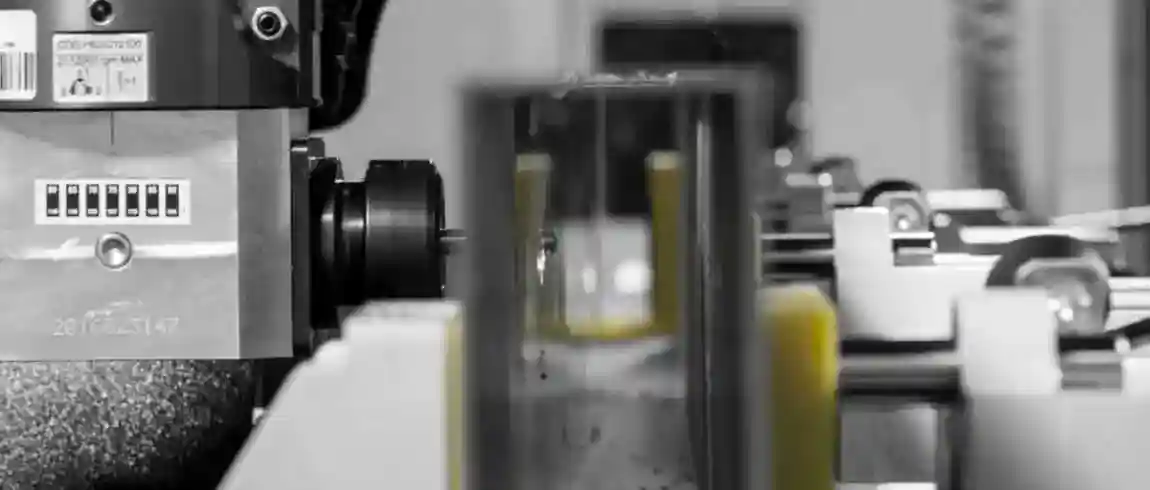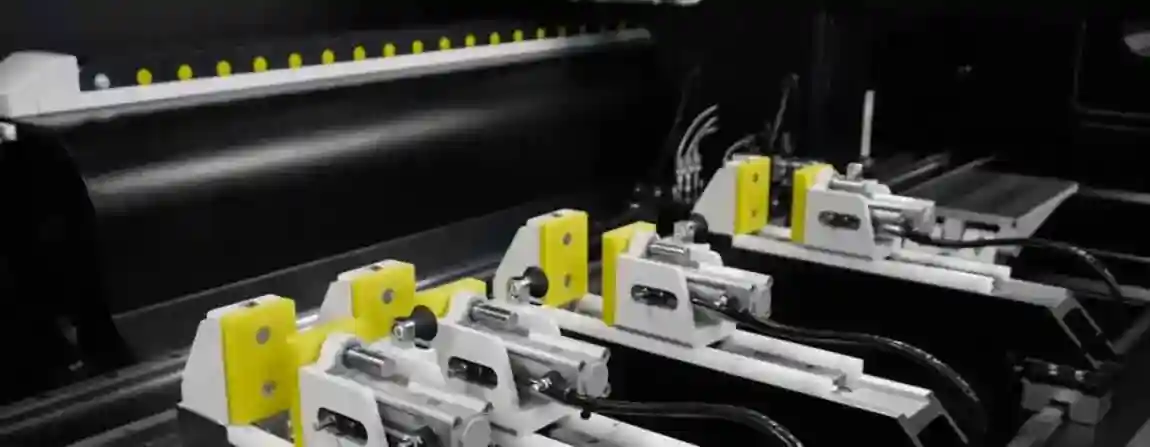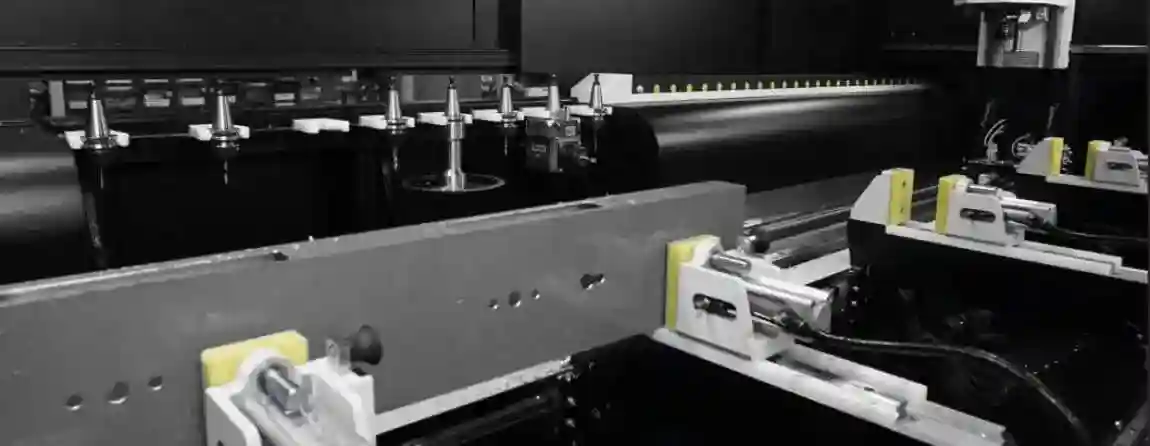-

Company
Product
ALUMINIUM MACHINES
PORTABLE MITER SAWS FOR ALUMINUM
PORTABLE COPY ROUTER MACHINES FOR ALUMINIUM
PORTABLE END MILLING MACHINES FOR ALUMINIUM
AUTOMATIC MITER SAWS FOR ALUMINIUM
COPY ROUTER MACHINES FOR ALUMINIUM
END MILLING MACHINES FOR ALUMINIUM
ALUMINUM CORNER CRIMPING MACHINE
DOUBLE MITRE SAWS FOR ALUMINIUM
AUTOMATIC SAWS FOR ALUMINIUM
BAR PROCESSING CENTERS
MACHINING CENTERS FOR ALUMINIUM COMPOSITE PANELS
NOTCHING SAWS
WEDGE CUTTING SAWS AND NOTCH CUTTING SAWS
MITER SAWS FOR ALUMINIUM
PVC PLASTIC MACHINES
PORTABLE MITER SAWS FOR PLASTIC
PORTABLE COPY ROUTER MACHINES FOR PLASTIC
PORTABLE END MILLING MACHINES FOR PLASTIC
MITER SAWS FOR PLASTIC
COPY ROUTERS FOR PLASTIC
END MILLING MACHINES FOR PLASTIC
WELDING MACHINES FOR PLASTIC
CORNER CLEANING MACHINES FOR PLASTIC PROFILES
DOUBLE MITRE SAWS FOR PLASTIC
BAR PROCESSING CENTERS
GLAZING BEAD SAWS
AUTOMATIC MITRE SAWS FOR PLASTIC
METAL MACHINES
MANUAL METAL SHEET BENDING MACHINE
MANUAL BENDING MACHINES
HYDRAULIC BENDING MACHINES
NON MANDREL BENDERS
PLATE BENDING MACHINES
BORDERING AND TRIMMING MACHINES
HORIZONTAL PRESSES
BELT GRINDING MACHINES
PIPE NOTCHING MACHINES
PIPE POLISHING MACHINES
LASER CUTTING MACHINES
PRESS BRAKES
VERTICAL TURNING CENTERS
MACHINING CENTERS
WOOD MACHINES
GLASS MACHINES
ROBOTICS SPECIAL MACHINERY
Service
Blog
Contact
Blog
- Home
- Blog
- BAR MACHINING CENTERS
- ADVANTAGES OF BAR MACHINING CENTRES FOR ALUMINIUM PROFILES
ADVANTAGES OF BAR MACHINING CENTRES FOR ALUMINIUM PROFILES
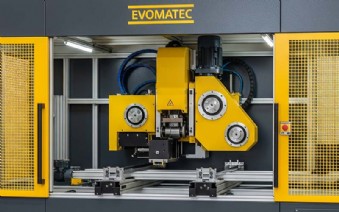
Advantages of Bar Machining Centres for Aluminium Profiles – The Complete Guide for Industry and Manufacturing
Introduction
Aluminium processing plays a central role in today’s manufacturing industries. Whether in window construction, door production, facade engineering, the automotive industry, or solar technology, aluminium profiles are indispensable due to their lightweight, durable, and versatile characteristics. With increasing demands for precision, efficiency, and sustainability, the need for advanced production technologies is growing steadily.
This is where bar machining centres for aluminium profiles come into play. They combine multiple machining processes such as cutting, drilling, milling, slotting, and notching into a single automated workflow. This article provides a detailed look at the advantages of bar machining centres for aluminium profiles and explains why they have become a key technology in modern aluminium profile processing.
What is a Bar Machining Centre?
A bar machining centre is a CNC-controlled system specifically designed to machine long aluminium profile bars. These machines can process profiles ranging from 3 to 12 metres in length. By integrating multiple steps into a single automated cycle, they provide a high level of accuracy, speed, and cost efficiency compared to traditional stand-alone machines.
Key Advantages of Bar Machining Centres
1. Highest Precision
CNC control ensures that machining is executed with minimal tolerances. Operations such as drilling, milling, and cutting achieve exact dimensions, resulting in perfectly fitting parts for windows, doors, facades, and other assemblies.
2. Maximum Productivity
Instead of operating several machines in sequence, the bar machining centre performs all required operations in one cycle. This drastically reduces production time and increases the number of pieces produced per shift, an essential factor for businesses with high-volume production.
3. Cost Reduction
Automation reduces the need for manual labour. The error rate is significantly lower, leading to less scrap and material waste. Optimised material utilisation also reduces offcuts, contributing to long-term cost savings.
4. Flexibility in Profile Processing
Modern bar machining centres can handle different profile sizes and shapes. With flexible clamping systems and programmable machining units, they can produce both small batches and large series efficiently, making them suitable for workshops as well as industrial manufacturers.
5. Digital Integration
Many modern centres are fully Industry 4.0 compatible. They can be integrated into digital production systems, communicate with CAD/CAM software, and enable complete documentation of all machining steps.
6. Automated Material Handling
Advanced bar machining centres are equipped with automatic loading and unloading systems. Profile bars are clamped, machined, and released without manual intervention. This reduces downtime and increases overall efficiency.
7. Wide Range of Applications
From window and door manufacturing to furniture production, facade construction, automotive engineering, and solar technology, the machines are versatile and suitable for multiple industries.
8. Space-Saving Solution
One bar machining centre replaces several stand-alone machines. By combining cutting, milling, and drilling in one compact unit, it saves valuable workshop floor space.
9. Sustainability and Energy Efficiency
Modern bar machining centres are designed for low energy consumption and optimised material usage. With reduced waste and efficient operation, they contribute to environmentally friendly and cost-effective production.
10. Competitiveness and Future Security
Companies using bar machining centres benefit from faster delivery times, higher quality, and more competitive pricing. This ensures a strong market position and long-term success in the global aluminium industry.
Practical Applications
Window Manufacturing
Precise processing of aluminium profiles for window frames and casements, including cutting, drilling drainage holes, and milling hardware positions.
Door Production
Manufacturing aluminium entrance doors, sliding doors, and interior doors with accurate machining for locks, hinges, and fittings.
Facade Construction
Curtain wall and glass facade profiles up to 12 metres can be machined with exact tolerances, ensuring stability and aesthetic quality.
Automotive Industry
Lightweight aluminium components such as roof rails, EV battery housings, and structural reinforcements are produced with high precision.
Solar Technology
Aluminium profiles for solar module frames and mounting systems are produced cost-effectively in large volumes.
Cost Factors and Economic Efficiency
The price of a bar machining centre for aluminium profiles depends on several factors:
-
Number of axes (3-axis, 4-axis, 5-axis, or more)
-
Degree of automation (manual loading or fully automatic with material handling systems)
-
Profile length capacity (machines for 12 metres are more expensive)
-
Software integration (basic CNC vs. CAD/CAM connection)
-
Manufacturer origin and service availability
While the initial investment may seem high, most companies achieve a fast return on investment due to savings in labour, material, and production time.
Future Perspectives
The development of aluminium bar machining centres is moving towards greater automation, digitalisation, and sustainability. Key trends include:
-
Industry 4.0 integration with cloud-based control and predictive maintenance
-
Artificial intelligence for optimising machining strategies and tool life
-
Energy efficiency for reduced power consumption
-
Robotics integration for fully automated loading and unloading
-
Advanced software for faster programming and production flexibility
Conclusion
The advantages of bar machining centres for aluminium profiles cover all aspects of production: precision, productivity, cost savings, flexibility, sustainability, and competitiveness. They are a crucial investment for companies that want to strengthen their market position and ensure efficient production.
By investing in a bar machining centre, businesses secure a technology that guarantees efficient, precise, and sustainable aluminium profile manufacturing, paving the way for long-term growth and success.
- advantages of bar machining centres for aluminium profiles
- bar machining centre aluminium profile
- CNC bar machining centre aluminium
- aluminium profile machining advantages
- productivity bar machining centre
- flexibility aluminium profile processing
- aluminium profile CNC machining
- window bar machining centre
- door bar machining centre
- facade aluminium profile machining centre
 GERMANY
GERMANY ENGLISH
ENGLISH FRANCE
FRANCE SPAIN
SPAIN PORTUGAL
PORTUGAL

